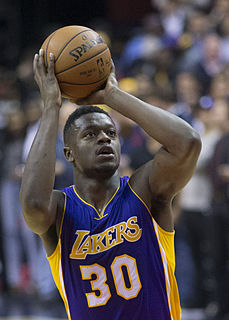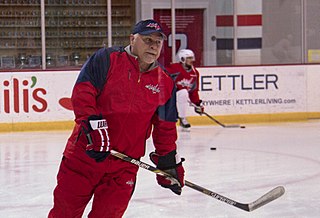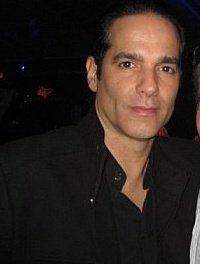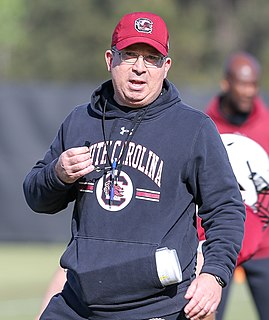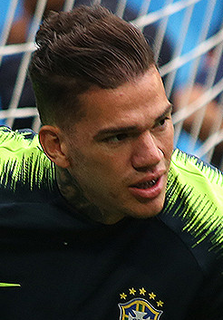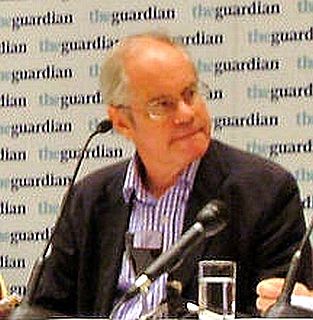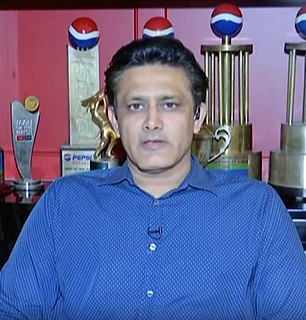A Quote by Tony Dungy
The book is actually called 'A Mentor Leader, a Different Way to Lead.' It really talks about my experience in the way I tried lead our football team, things that I learned from, basically, the coaches that I played for and my parents about leadership. And it is a little bit different, counter to maybe what society says about great leaders.
Related Quotes
Leadership belongs to all of us. I'm a big believer in John Maxwell, a leadership speaker and author, who talks about the 360-degree leader. Before leading others, you have to learn to lead yourself. Wherever you work in an organization you have to learn to lead up, lead down, and lead side to side. Leadership belongs to all of us. You have to see yourself, and believe in yourself in the way that we are talking about here to give to those that you lead.
When you coach and teach leadership, most people think about them. It's like you're the leader and how do you influence them. Clearly, leaders do take their followers, their flock, their enterprise, their business - whatever - hopefully to a better place. But I think the foundation of what makes really great leaders is they lead themselves, and they're conscious about knowing themselves and coaching and leading themselves in a very profound way. The simplest of us talk to ourselves. The question is, "Do we really lead ourselves?"
I've tried really hard to care about things that were very different from my parents. I was curious if I could care about [money] on some fundamental level, and I couldn't. That wasn't the metric of success I wanted in my life. I've talked about this to my friends who are doctors and whose parents are doctors, or who are lawyers and their parents are lawyers. It's a funny thing to realize I feel called to this work both as a daughter and also as someone who believes I have contributions to make.
Christianity enhanced the notion of political and social accountability by providing a new model: that of servant leadership. In ancient Greece and Rome no one would have dreamed of considering political leaders anyone's servants. The job of the leader was to lead. But Christ invented the notion that the way to lead is by serving the needs of others, especially those who are the most needy.




